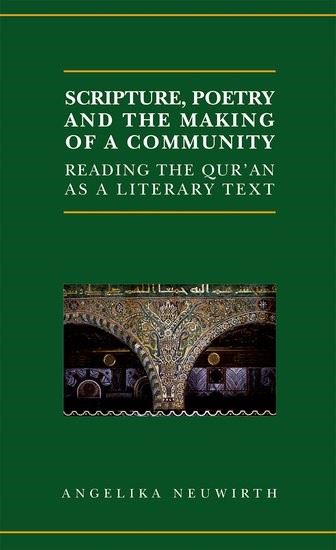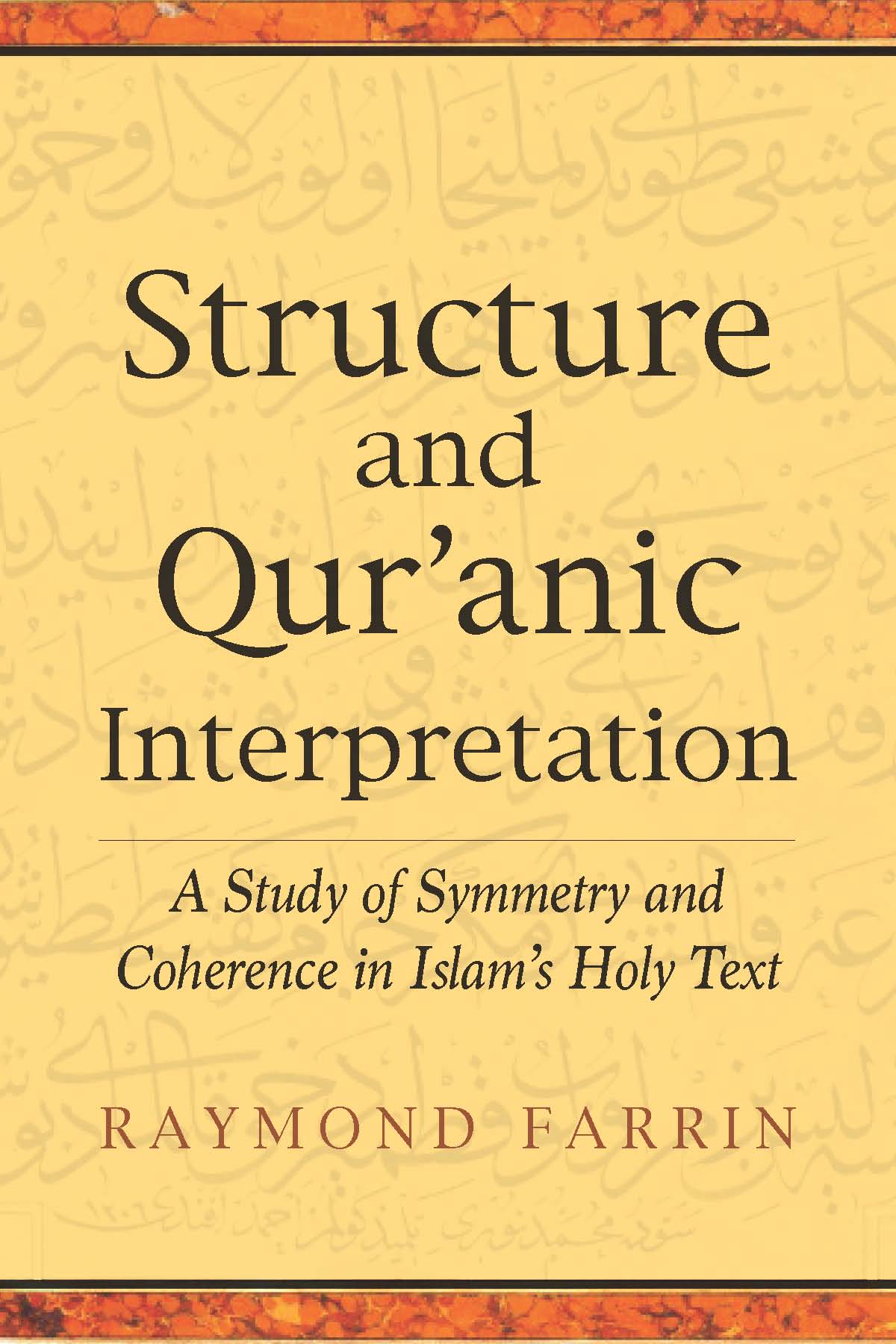Twenty Years of Reading the Qur’an as a Literary Text
 In the latest installment of the Review of Qur’anic Research 2, no. 1, Süleyman Dost reviews Angelika Neuwirth, Scripture, Poetry, and the Making of a Community: Reading the Qur’an as a Literary Text (Oxford University Press/Institute of Ismaili Studies, 2014), the first thorough collection of Angelika Neuwirth’s scholarship in English. Neuwirth, a leading scholar of Qur’anic studies at the Freie Universität Berlin, treats the Qur’an as a coherent literary corpus and grounds the text in its late antique and biblical setting with a special interest in its emergence through an ever-evolving communication process. The book under review brings together in a single volume fourteen of Neuwirth’s articles that were published in varying contexts over twenty years. Thus the book embodies the leading edges of first-tier Qur’an scholarship and in the process sheds light on pressing issues of the field today.
In the latest installment of the Review of Qur’anic Research 2, no. 1, Süleyman Dost reviews Angelika Neuwirth, Scripture, Poetry, and the Making of a Community: Reading the Qur’an as a Literary Text (Oxford University Press/Institute of Ismaili Studies, 2014), the first thorough collection of Angelika Neuwirth’s scholarship in English. Neuwirth, a leading scholar of Qur’anic studies at the Freie Universität Berlin, treats the Qur’an as a coherent literary corpus and grounds the text in its late antique and biblical setting with a special interest in its emergence through an ever-evolving communication process. The book under review brings together in a single volume fourteen of Neuwirth’s articles that were published in varying contexts over twenty years. Thus the book embodies the leading edges of first-tier Qur’an scholarship and in the process sheds light on pressing issues of the field today.
Full access to the Review of Qur’anic Research (RQR) is available in the members-only area of our IQSA website. Not an IQSA member? Join today to enjoy RQR and additional member benefits!
© International Qur’anic Studies Association, 2016. All rights reserved.


